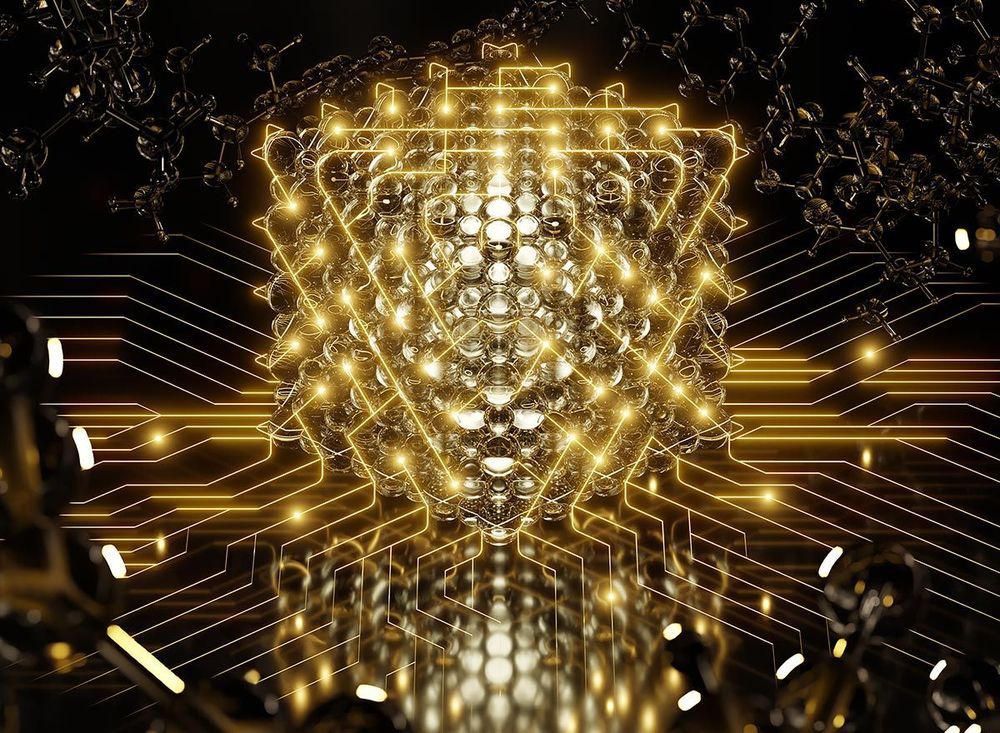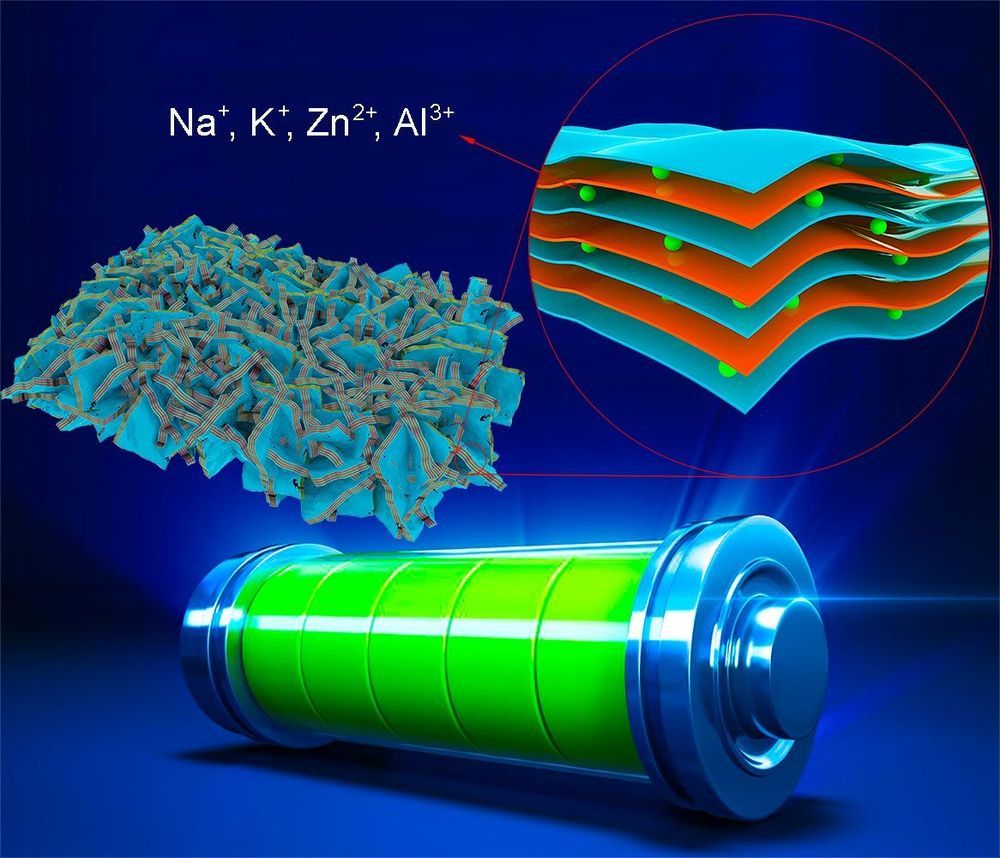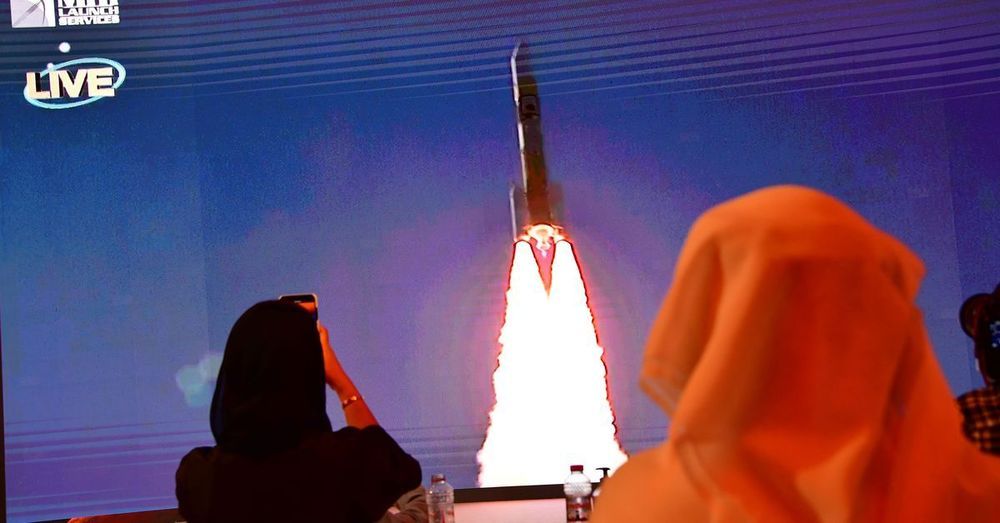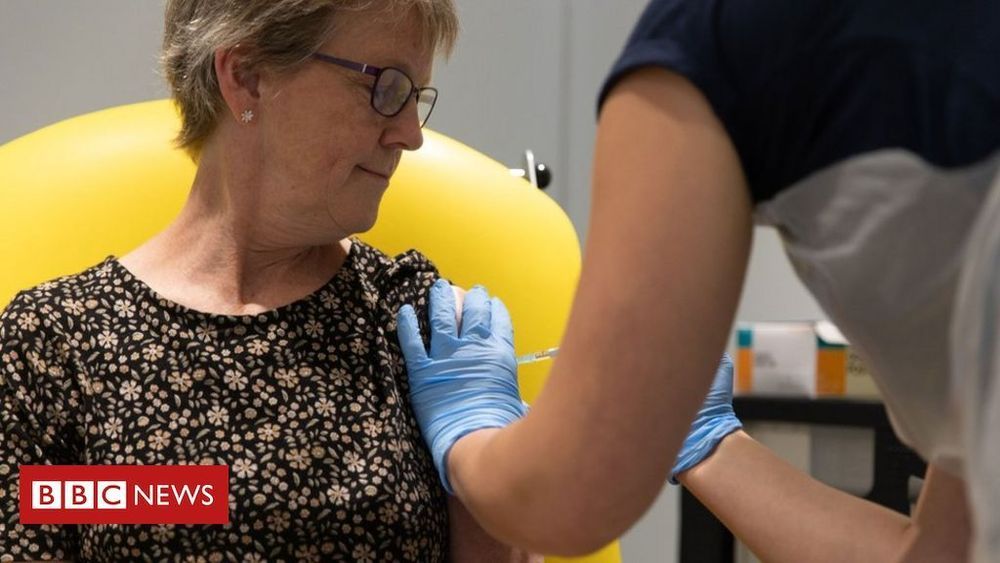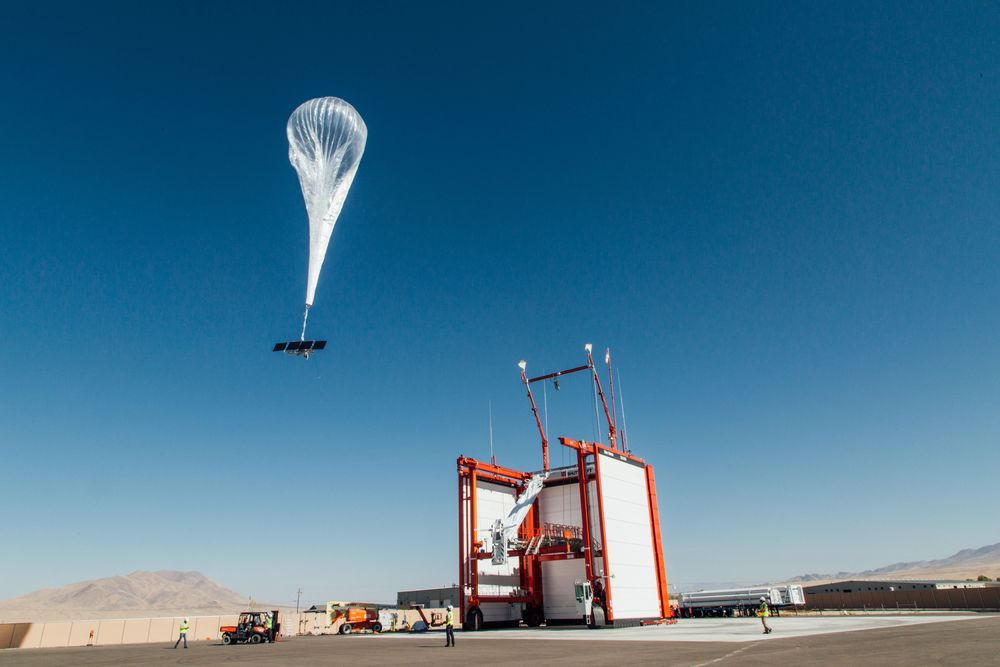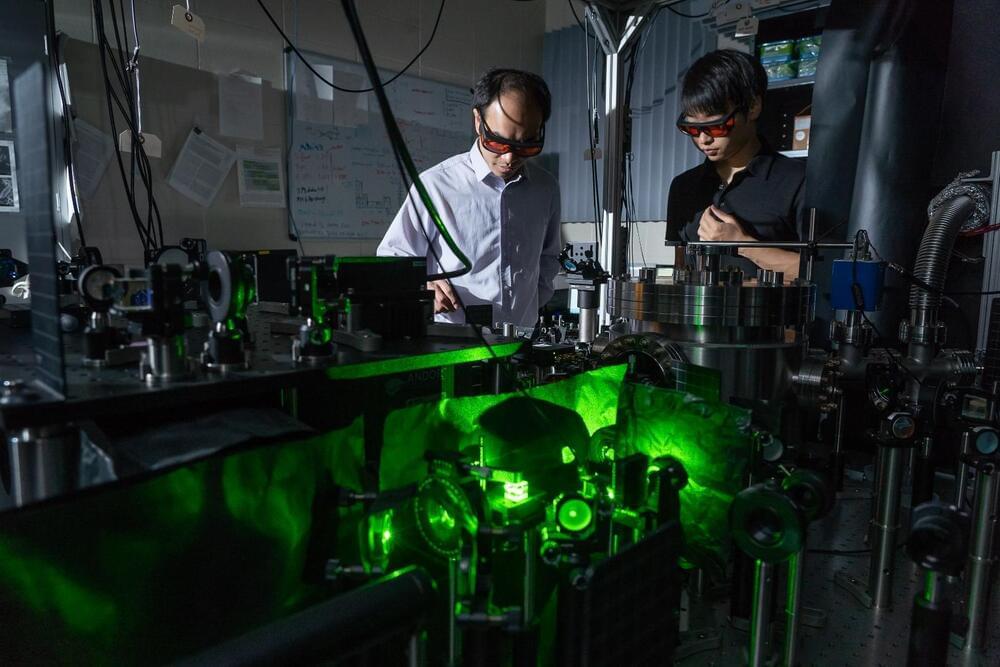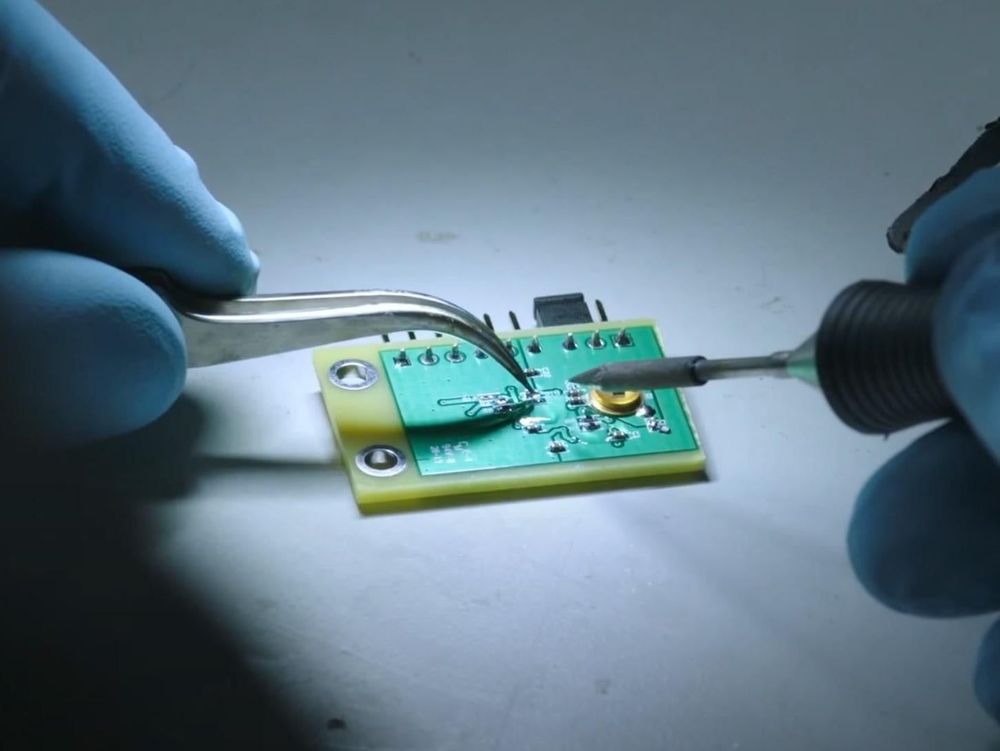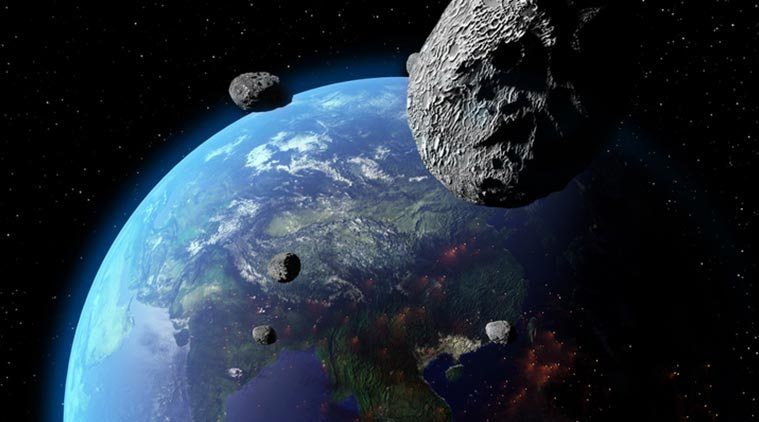HONG KONG (Reuters) — China launched its military build-up in the mid-1990s with a top priority: keep the United States at bay in any conflict by making the waters off the Chinese coast a death trap. Now, China’s People’s Liberation Army (PLA) is preparing to challenge American power further afield.
China’s shipyards have launched the PLA Navy’s first two Type 075 amphibious assault ships, which will form the spearhead of an expeditionary force to play a role similar to that of the U.S. Marine Corps. And like the Marines, the new force will be self-contained — able to deploy solo with all its supporting weapons to fight in distant conflicts or demonstrate Chinese military power.
